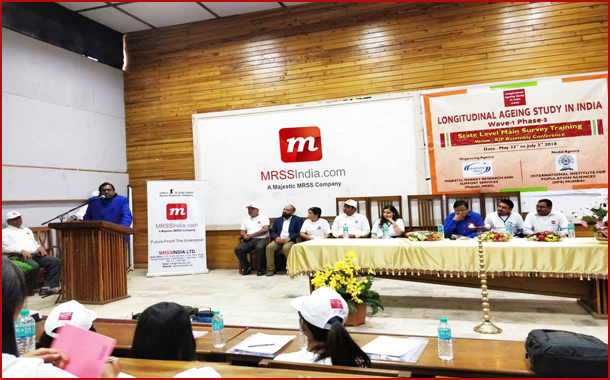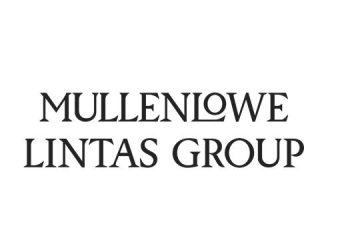Shillong: A 40-day survey team training under Longitudinal Ageing Study in India (LASI) for states of Meghalaya and Sikkim was inaugurated in Shillong on May 23rd 2018.
The study is conducted by Ministry of Health and Family Welfare, Government of India. This study is comparable with Health and Retirement Study (HRS) in the United States and is appropriately harmonized with other health and retirement studies, including its sister surveys in Asia – such as the Chinese Health and Retirement Longitudinal Study (CHARLS) and the Korean Longitudinal Study of Aging (KLOSA) – thereby allowing for cross-country comparison.
LASI will be a national landmark in scientific research that will allow better understanding of India’s adult health and problems and population aging process and will inform the design of appropriate evidence-based policies for adults and older people.
Mr. Raj Sharma, Chairman, Majestic Research inaugurated the training. Officials from International Institute for Population Sciences (IIPS) were also present during the event. Addressing the trainees and trainers, Mr. Sharma mentioned “The North East of India has been neglected by most Market Research firms whereas MRSS sees tremendous potential and opportunity in developing insights from this market for various commercial/social resource deployment. The states of Arunachal Pradesh, Assam, Manipur, Meghalaya, Mizoram, Nagaland, Sikkim and Tripura are now extensively covered by us and we are offering this under-researched region as a differentiating value proposition to our clients.”
He also announced the opening of a full-fledged regional office of MRSS India in Shillong to cater to the research need of North East region which was inaugurated later on that day. The study is being currently conducted in 2 states of North East by MRSS amounting to over INR 10 million for a year and will have to be conducted for next 25 years. MRSS will pursue to cover the remaining markets of North East as well in the coming years.
Srikant Patel, Head of Social Research Practice commented “LASI would provide a longitudinal dataset for designing programme and policies for older population in the country. LASI would also collect an extensive range of biomarkers which can be useful for studying a variety of social behaviours and environments, burden of health risk and chronic disease conditions. LASI will use many IT based technologies including geographical information system which will be used for thematic mapping and community analysis to collect the information at community level, photographic identification and use of barcode will be used for matching and maintaining anonymity of data.”
The event was covered exclusively by Doordarshan North East.

















